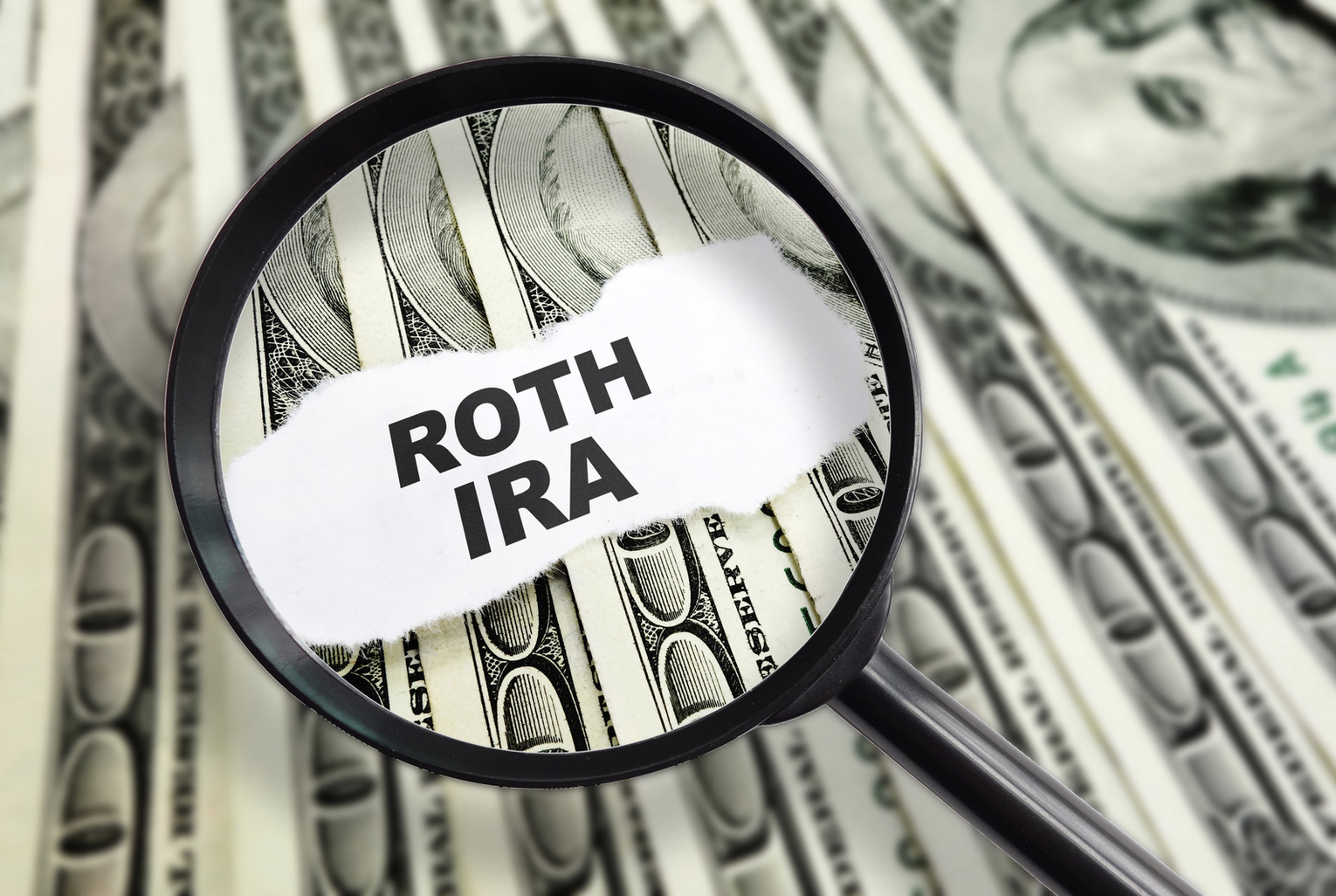A Roth IRA (Individual Retirement Account) is a type of retirement account that allows individuals to save and invest money on an after-tax basis. Contributions to the account are made with income that has already been taxed, and the money in a Roth IRA grows tax-free. Qualified withdrawals made in retirement are also tax-free. In this article, we will discuss the benefits, restrictions, and other important details about Roth IRAs.
Benefits of a Roth IRA
There are several benefits of a Roth IRA, including tax-free growth and withdrawals, flexibility, and no required minimum distributions during the account owner’s lifetime.
Tax-Free Growth and Withdrawals
One of the primary benefits of a Roth IRA is the tax-free growth. Any investment earnings in the account are not subject to taxes, which can potentially result in significant savings over time. Additionally, qualified withdrawals made in retirement are also tax-free. This means that any withdrawals made after age 59 ½ and after the account has been open for at least five years are not subject to income taxes.
This tax-free growth and withdrawals can be particularly beneficial for individuals who expect to be in a higher tax bracket in retirement than they are currently. By paying taxes on contributions upfront, they can potentially save money on taxes in the long run.
Flexibility
Roth IRAs offer a great deal of flexibility in terms of contributions and withdrawals. Unlike traditional IRAs, which have required minimum distributions (RMDs) starting at age 72 (or depending on the person’s birth year), Roth IRAs do not have RMDs during the account owner’s lifetime. This means that the owner can continue to let the money grow tax-free for as long as they like.
Additionally, Roth IRA contributions can be withdrawn at any time and for any reason, without penalty or taxes. However, earnings on those contributions are subject to taxes and penalties if withdrawn before age 59 ½ or before the account has been open for at least five years.
This flexibility can be particularly beneficial for individuals who are looking for a retirement savings option that also allows for more immediate access to their funds if needed.
No Age Limit
Unlike traditional IRAs, there is no age limit for contributing to a Roth IRA. This means that individuals can continue to contribute to a Roth IRA as long as they have earned income, regardless of age. This can be particularly beneficial for individuals who plan to work in retirement or have other sources of earned income.
Restrictions of a Roth IRA
While there are many benefits of a Roth IRA, there are also several restrictions that individuals should be aware of. These include income limits, contribution limits, and restrictions on withdrawals.
Income Limits
In order to contribute to a Roth IRA, an individual must have earned income for the year and meet certain income requirements. For tax year 2023, the income limit for contributing to a Roth IRA is $140,000 for individuals and $208,000 for married couples filing jointly. Individuals who earn more than these limits may be eligible for a partial contribution or may not be eligible to contribute to a Roth IRA at all.
Contribution Limits
The contribution limit for 2023 is $6,000 per year for individuals under age 50, and $7,000 per year for those age 50 and over. This is the combined contribution limit for all of an individual’s IRA accounts, including traditional IRAs and Roth IRAs. Contributions must be made by the tax filing deadline for the year, typically April 15th of the following year.
Withdrawal Restrictions
While Roth IRAs offer flexibility in terms of contributions and withdrawals, there are still some restrictions to be aware of. Withdrawals of earnings before age 59 ½ or before the account has been open for at least five years are subject to taxes and a 10% penalty, unless the withdrawal is for a qualified reason such as disability, a first-time home purchase, unreimbursed medical expenses, higher education expenses, or death. It is important to understand these restrictions and the potential tax implications of any withdrawals to effectively manage a Roth IRA for retirement savings.
